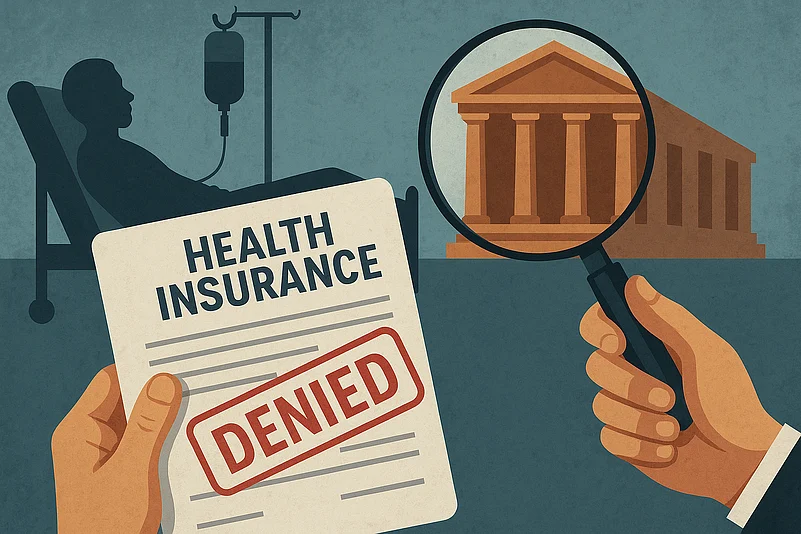
Summary of this article
Family alleges health insurer denied hospitalization despite serious liver illness.
Patient suffered jaundice, hepatitis A, typhoid; liver tests spiked to 4000.
Insurer called it “minor,” ignoring vomiting, fainting, and severe weakness.
Regulators mandate insurers justify every claim rejection; patients can appeal.
A family has accused a major health insurance company of denying their claim for hospitalisation, even though the patient was seriously ill, according to a recent LinkedIn post. The patient's sister has been in the hospital for five days, suffering from liver swelling, jaundice, typhoid, and hepatitis A. Her liver function test showed levels as high as 4000, well above the normal range of five to 45.
The insurance company's medical assessment team reportedly described the condition as a "small problem" that could be treated at home with paracetamol. They did not take into account the patient's continuous vomiting, inability to eat, fainting, and severe weakness.
The family, which has paid health insurance premiums without fail for nearly 10 years, expected the policy to provide support in a medical emergency. The doctors treating the patient have clearly stated that hospitalisation and ongoing medical supervision are necessary for her recovery.
The family is now demanding that the insurer approve the hospitalisation claim immediately under Policy Number 31-24-0292210-08. The case is raising concerns over how insurers evaluate claims when serious medical conditions are involved.
Liver swelling, jaundice, and hepatitis are not minor issues. Such conditions can turn serious and often need hospital care for tests, monitoring, and treatment. "When insurers dismiss them as minor, it usually stems from a very narrow interpretation of 'medical necessity' in policy wording," says Narendra Bharindwal, president, Insurance Brokers Association of India (IBAI). However, from a patient's perspective, the risk and seriousness are undeniable.
Regulators and consumer courts have repeatedly held that insurers must apply a balanced view; what a qualified doctor considers serious should not be brushed aside by insurers as minor.
There are three levels of accountability when it comes to insurance.
Internal Grievance Redressal: Every insurer must resolve customer complaints within 15 days.
Regulator's Ombudsman System: If the insurer fails, the case can go to the Insurance Ombudsman, who can award relief to policyholders.
Consumer Courts: Policyholders can also approach consumer forums, which have often taken a strict view against unfair claim denials. The Irdai has mandated insurers to record and justify every claim rejection.
Insurance is built on trust. Staying with the same insurer for ten years and paying premiums regularly creates an expectation of reliability. When help does not arrive during a genuine medical emergency, it shakes the customer's faith and defeats the basic purpose of insurance. "Loyalty should mean fair treatment, quicker approvals, and a more humane approach to claims. Regulators, industry bodies, and insurers must see to it that long-standing customers are not left to feel abandoned when support is needed the most," says Bharindwal.










